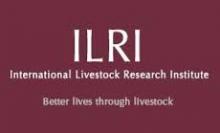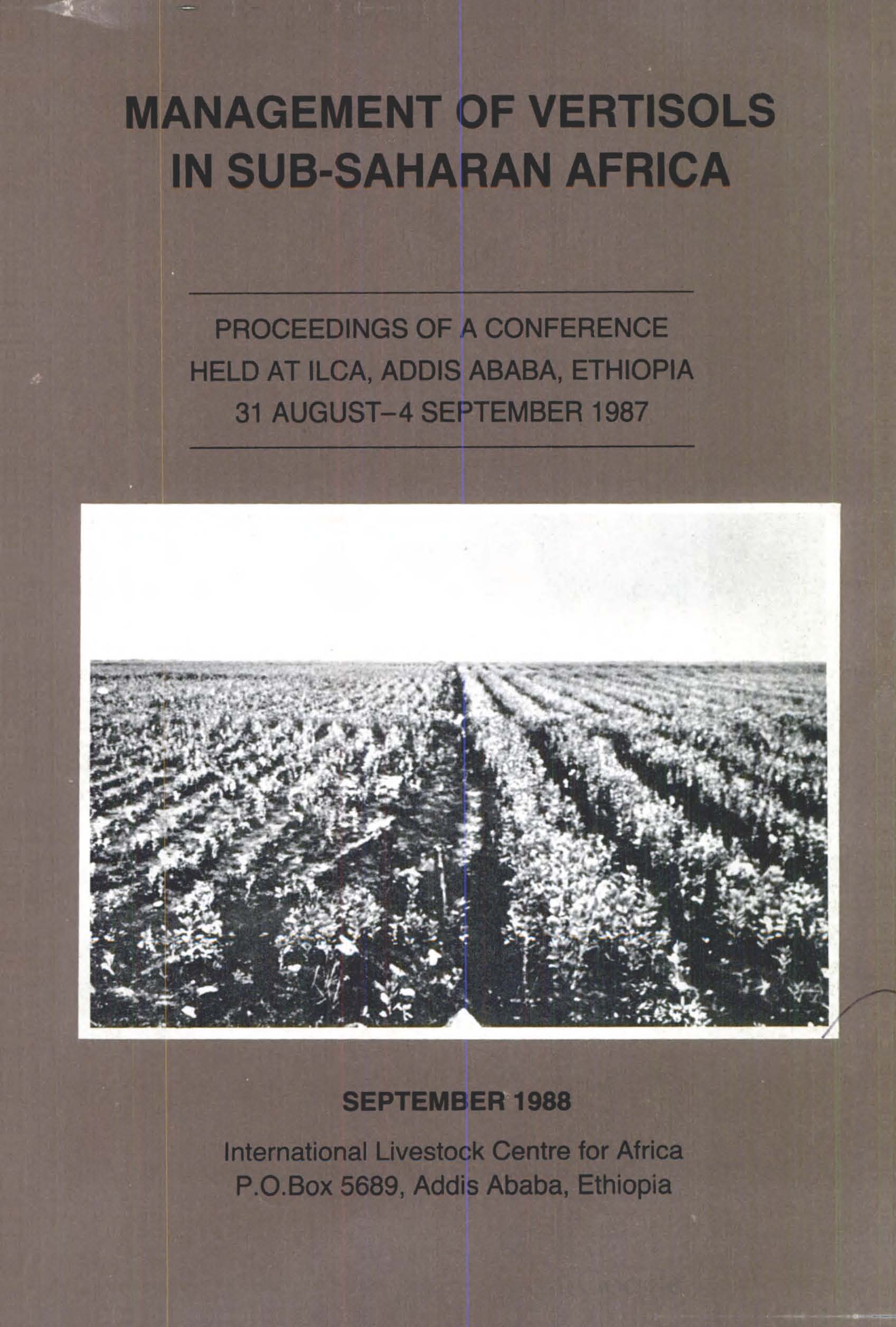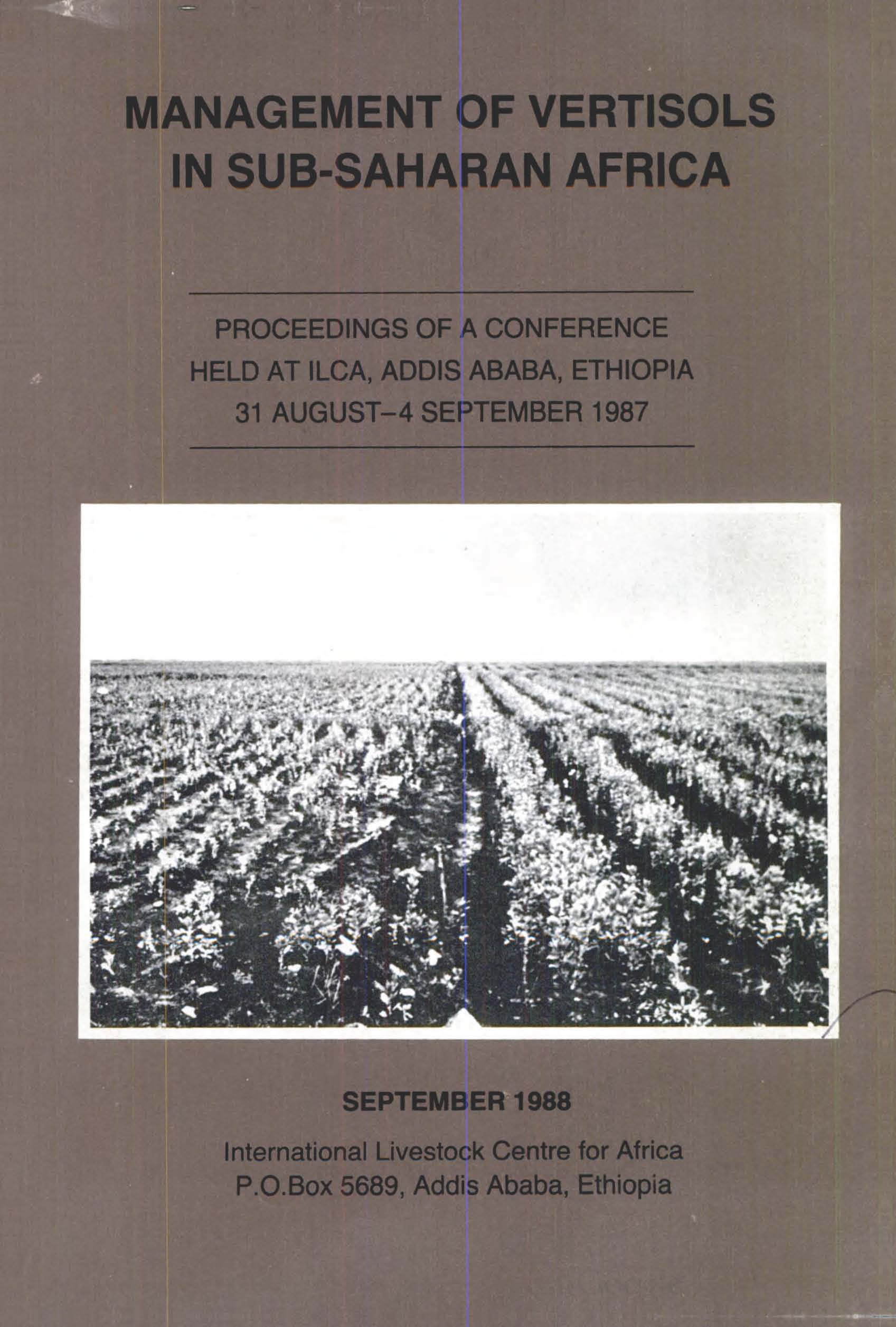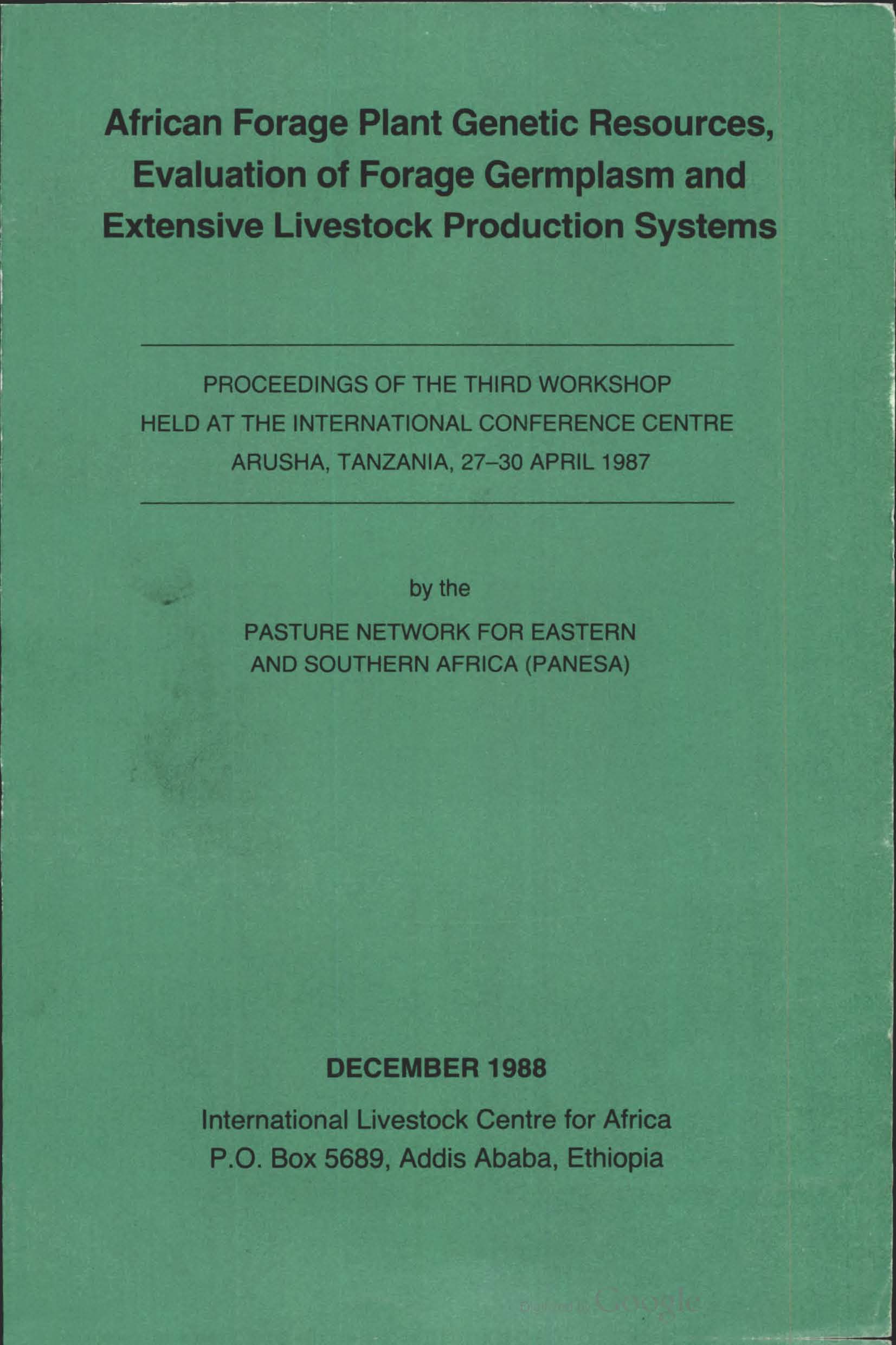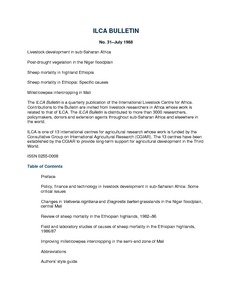Location
Vision, mission and strategy
ILRI's strategy 2013-2022 was approved in December 2012. It emerged from a wide processof consultation and engagement.
ILRI envisions... a world where all people have access to enough food and livelihood options to fulfil their potential.
ILRI’s mission is... to improve food and nutritional security and to reduce poverty in developing countries through research for efficient, safe and sustainable use of livestock—ensuring better lives through livestock.
ILRI’s three strategic objectives are:
- with partners, to develop, test, adapt and promote science-based practices that—being sustainable and scalable—achieve better lives through livestock.
- with partners,to provide compelling scientific evidence in ways that persuade decision-makers—from farms to boardrooms and parliaments—that smarter policies and bigger livestock investments can deliver significant socio-economic, health and environmental dividends to both poor nations and households.
- with partners,to increase capacity among ILRI’s key stakeholders to make better use of livestock science and investments for better lives through livestock.
This is ILRI’s second ten-year strategy. It incorporates a number of changes, many based on learning from the previous strategy (2000–2010, initially produced in 2000 and modified in 2002), an interim strategy (2011–2012) and an assessment of the external and internal environments in which the institute operates.
Members:
Resources
Displaying 1046 - 1050 of 1152Phosphorus status of some Ethiopian highland Vertisols
Presents the results of investigations on the relative distribution of the various phosphorus forms, fixing capacity and status of some Ethiopian highland Vertisols.
Management of Vertisols in sub-Saharan Africa. Proceedings of a conference
Presents papers and abstracts on the management of vertisols in sub-Saharan Africa and other parts of the world. Overviews the importance, distribution, agroclimatology and properties of vertisols and the Indian Vertisol technology experience. Reviews resource assessment and management and highlights inter-institutional modes of operation and networking concepts in Vertisol research and development.
Livestock production in tsetse affected areas of Africa. Proceedings of a meeting
Presents papers dealing with various aspects of livestock production in tsetse affected areas of Africa, particular tsetse challenge, trypanosomiasis epidemiology, trypanotolerance, biological productivity, chemotherapy, economics, and genetics of trypanotolerance.

